#ReaCt2021 – Terrorism in Vienna: the Balkan clue
by Enrico Casini, Europa Atlantica
 The November 2020 Vienna attack claimed by the Islamic State terrorist group, has recalled attention to the terrorist organization and its presence in Europe, especially in the Balkan area. The terrorist killed, was an Austro-Macedonian 20-year-old, who had already been sentenced to 22 months in prison in April 2019 for his attempt to reach Syria and join the ISIS militias. Fejzulai Kujtim, defined by the agencies as a “soldier of the caliphate”, is identified by the Islamic State’s propaganda organs as “Abu Dujana al-Albani”.
The November 2020 Vienna attack claimed by the Islamic State terrorist group, has recalled attention to the terrorist organization and its presence in Europe, especially in the Balkan area. The terrorist killed, was an Austro-Macedonian 20-year-old, who had already been sentenced to 22 months in prison in April 2019 for his attempt to reach Syria and join the ISIS militias. Fejzulai Kujtim, defined by the agencies as a “soldier of the caliphate”, is identified by the Islamic State’s propaganda organs as “Abu Dujana al-Albani”.
In the days after his death, other evidence emerged about him and about his radicalization process, as his alleged links with a network of Balkan origin jihadists, the “Lions of the Balkans”. In fact, not only had he already tried to join the jihadist militias in Syria in the past, but he is supposed to have had links with Kosovo and with this alleged network of jihadists in Europe.
This event reintroduced the theme of the jihadist presence in the Balkan area, a topic known to European intelligence agencies and experts in the field for a long time. The countries of Bosnia-Herzegovina, North Macedonia, Albania, Kosovo, Montenegro, have long been affected by the phenomenon and by the presence of jihadist subjects. So much so that, due to their geographical position at the heart of Europe, it was feared that they could become a sort of potential logistical hub for jihadism towards the Old Continent. Moreover, the presence of jihad veterans in the Balkan Area goes back to the Balkan wars of the nineties and it was confirmed both by the flows and numbers of foreign fighters who left these countries, and by the surveys that revealed the presence of networks linked to jihadists of Balkan origin in Europe.
According to the Combating Terrorism Center of West Point, “Western Balkans Foreign Fighters and Homegrown Jihadis: Trends and Implication”, by Adrian Shtuni, the foreign fighters who left the region between 2013 and 2016 would have been about 1070, including a high number of women and children: it would seem that about 460 returned. The presence of Balkan jihadists in the ranks of the Islamic State was known, even among the units of mono-ethnic fighters. It is no coincidence that the Islamic State had in the past invested in ad hoc campaigns of recruitment of Balkan jihadists. Remember the famous video “Honor is in Jihad” trying to blow on the fire of resentment and historical fractures present in this region, repeatedly upset by religious conflicts, and where there is always a situation ready to trigger violent reactions with different forms of extremism. Different items could increase other new tensions: the spread of jihadist ideology in the area related with other forms of violent extremism, combined with the current health crisis, remain of great concern. Regardless of the case in Vienna and the investigations that have also involved our country in the past, undoubtedly the threat of the presence of jihadists and the spread of forms of violent Islamist radicalism in some areas of the Balkan region, is an issue to be reckoned with and which concerns not only the Balkan countries.
As history taught us on several occasions, the Balkans remain a strategic crossroads in the heart of Europe, but also a land where there are different cultures, peoples, religions. A land crossed by rivalries on which often, in history, the aims and ambitions of medium and great powers are also included. Rival powers that even to these days, in this region, are going to try to extend their influence, sometimes also taking advantage of its divisions and its fragility. In this context, the jihadist threat in the Balkans is still alive and present and it could be smoldering, like embers under the ashes, waiting to show itself and strike, putting the security of the area and the rest of Europe at risk.
DOWNLOAD THE REPORT (ITA/ENG)










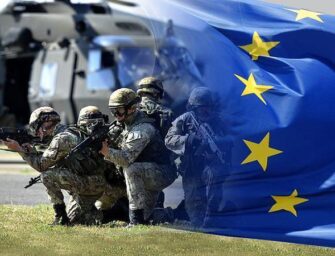












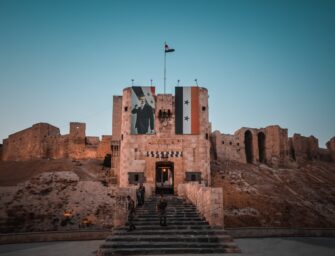



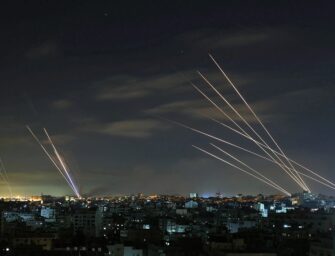


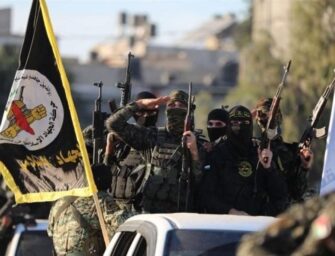
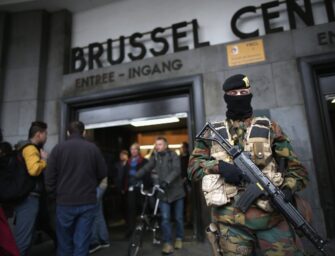




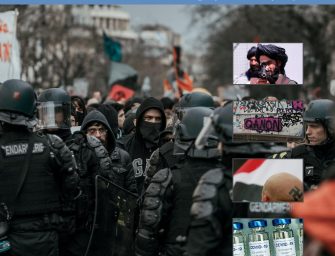





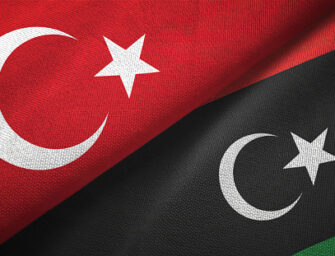
There are no comments
Add yours